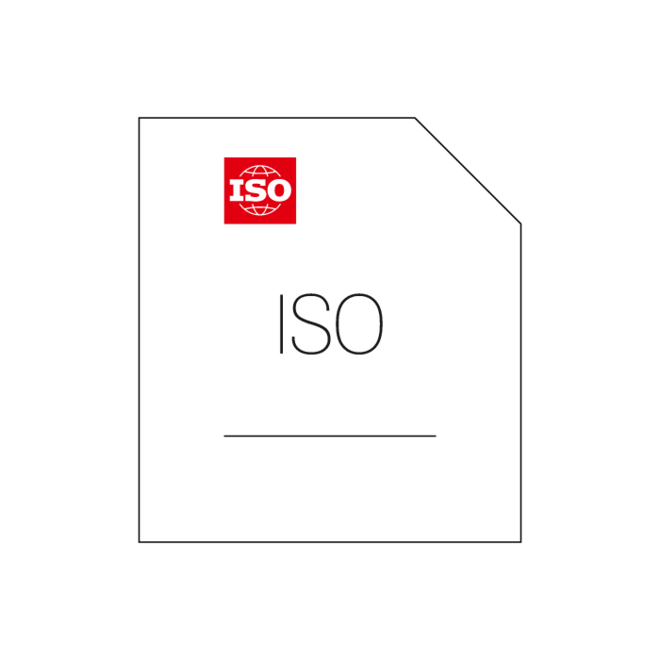

ISO 2859-4:2002
Issue date: 2002 09 05
Sampling procedures for inspection by attributes — Part 4: Procedures for assessment of declared quality levels
ISO 2859-4:2002 establishes the sampling plans and the procedures that can be used to assess whether the quality level of an entity (lot, process, etc) conforms to a declared value. The sampling plans have been devised so as to obtain a risk of less than 5 % of contradicting a correct declared quality level. The risk is 10 % of failing to contradict an incorrect declared quality level that is related to the limiting quality ratio. Sampling plans are provided corresponding to three levels of discriminatory ability.
In contrast to the procedures in the other parts of ISO 2859, the procedures in ISO 2859-4:2002 are not applicable to acceptance assessment of lots. Generally, the balancing of the risks of reaching incorrect conclusions in assessment procedures will differ from the balancing in the procedures for acceptance sampling.
ISO 2859-4:2002 may be used for various forms of quality inspection in situations where objective evidence of conformity to some declared quality level is to be provided by means of inspection of a sample. The procedures are applicable to entities such as lots, process output, etc. that allow random samples of individual items to be taken from the entity.
The sampling plans provided in ISO 2859-4:2002 are applicable, but not limited, to inspection of a variety of products such as end items, components and raw materials, operations, materials in process, supplies in storage, maintenance operations, data or records, and administrative procedures.
The procedures are primarily intended to be used when the quantity of interest is the number or fraction of nonconforming items, for which the inspected items are classified as conforming or nonconforming.
With minor changes, the procedures may also be used when the quantity of interest is the number of nonconformities or number of nonconformities per item. The necessary changes are the replacement of the "number of nonconforming items" by the "number of nonconformities" and the replacement of the "percent nonconforming items" by the "nonconformities per 100 items".


